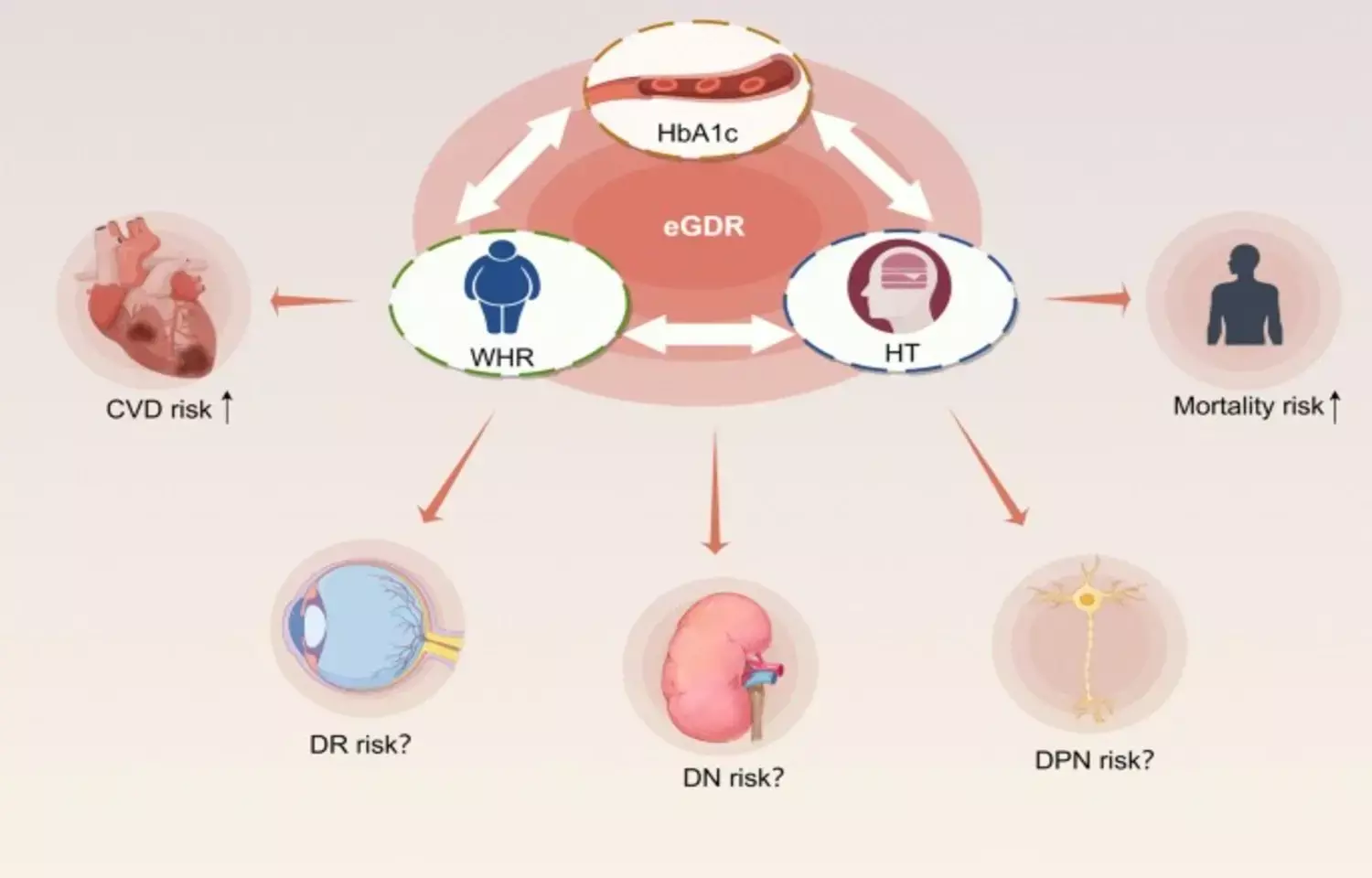- Home
- Medical news & Guidelines
- Anesthesiology
- Cardiology and CTVS
- Critical Care
- Dentistry
- Dermatology
- Diabetes and Endocrinology
- ENT
- Gastroenterology
- Medicine
- Nephrology
- Neurology
- Obstretics-Gynaecology
- Oncology
- Ophthalmology
- Orthopaedics
- Pediatrics-Neonatology
- Psychiatry
- Pulmonology
- Radiology
- Surgery
- Urology
- Laboratory Medicine
- Diet
- Nursing
- Paramedical
- Physiotherapy
- Health news
- Fact Check
- Bone Health Fact Check
- Brain Health Fact Check
- Cancer Related Fact Check
- Child Care Fact Check
- Dental and oral health fact check
- Diabetes and metabolic health fact check
- Diet and Nutrition Fact Check
- Eye and ENT Care Fact Check
- Fitness fact check
- Gut health fact check
- Heart health fact check
- Kidney health fact check
- Medical education fact check
- Men's health fact check
- Respiratory fact check
- Skin and hair care fact check
- Vaccine and Immunization fact check
- Women's health fact check
- AYUSH
- State News
- Andaman and Nicobar Islands
- Andhra Pradesh
- Arunachal Pradesh
- Assam
- Bihar
- Chandigarh
- Chattisgarh
- Dadra and Nagar Haveli
- Daman and Diu
- Delhi
- Goa
- Gujarat
- Haryana
- Himachal Pradesh
- Jammu & Kashmir
- Jharkhand
- Karnataka
- Kerala
- Ladakh
- Lakshadweep
- Madhya Pradesh
- Maharashtra
- Manipur
- Meghalaya
- Mizoram
- Nagaland
- Odisha
- Puducherry
- Punjab
- Rajasthan
- Sikkim
- Tamil Nadu
- Telangana
- Tripura
- Uttar Pradesh
- Uttrakhand
- West Bengal
- Medical Education
- Industry
Higher estimated glucose disposal rate tied to Higher Testosterone levels and Lower Testosterone Deficiency in T2DM: Study

A study published in BMC Endocrine Disorders investigated the relationship between estimated glucose disposal rate (eGDR) and testosterone levels in adults with type 2 diabetes mellitus (T2DM). Researchers found that higher eGDR, a marker of improved insulin sensitivity, was linked to higher serum testosterone concentrations and a lower likelihood of testosterone deficiency. These findings suggest that metabolic health plays a significant role in regulating endocrine function in men with T2DM.
The study included adult participants with well-characterized T2DM, evaluating eGDR using standard clinical parameters and assessing serum testosterone levels. Participants with higher eGDR consistently exhibited greater testosterone levels and were less likely to meet criteria for testosterone deficiency compared with those having lower eGDR.
This association remained significant after adjusting for age, body mass index, and other metabolic risk factors. The study highlights the importance of insulin sensitivity in maintaining normal androgen levels in men with diabetes.
Authors noted that these results have important clinical implications. Screening for testosterone deficiency in men with T2DM could be more effectively targeted toward those with lower eGDR, while interventions that improve insulin sensitivity—such as lifestyle modification or pharmacotherapy—may also help mitigate androgen deficiency. The study calls for further research to explore causal mechanisms and to evaluate whether improving eGDR can directly enhance testosterone levels and related health outcomes in men with T2DM.
Reference :
Sun, Y., Li, H., Zhang, X., & Chen, Q. (2025). Higher estimated glucose disposal rate is associated with higher testosterone and lower risk of testosterone deficiency in adults with type 2 diabetes mellitus. BMC Endocrine Disorders. https://doi.org/10.1186/s12902-025-02091-z
Dr. Shravani Dali has completed her BDS from Pravara institute of medical sciences, loni. Following which she extensively worked in the healthcare sector for 2+ years. She has been actively involved in writing blogs in field of health and wellness. Currently she is pursuing her Masters of public health-health administration from Tata institute of social sciences. She can be contacted at editorial@medicaldialogues.in.
Dr Kamal Kant Kohli-MBBS, DTCD- a chest specialist with more than 30 years of practice and a flair for writing clinical articles, Dr Kamal Kant Kohli joined Medical Dialogues as a Chief Editor of Medical News. Besides writing articles, as an editor, he proofreads and verifies all the medical content published on Medical Dialogues including those coming from journals, studies,medical conferences,guidelines etc. Email: drkohli@medicaldialogues.in. Contact no. 011-43720751


